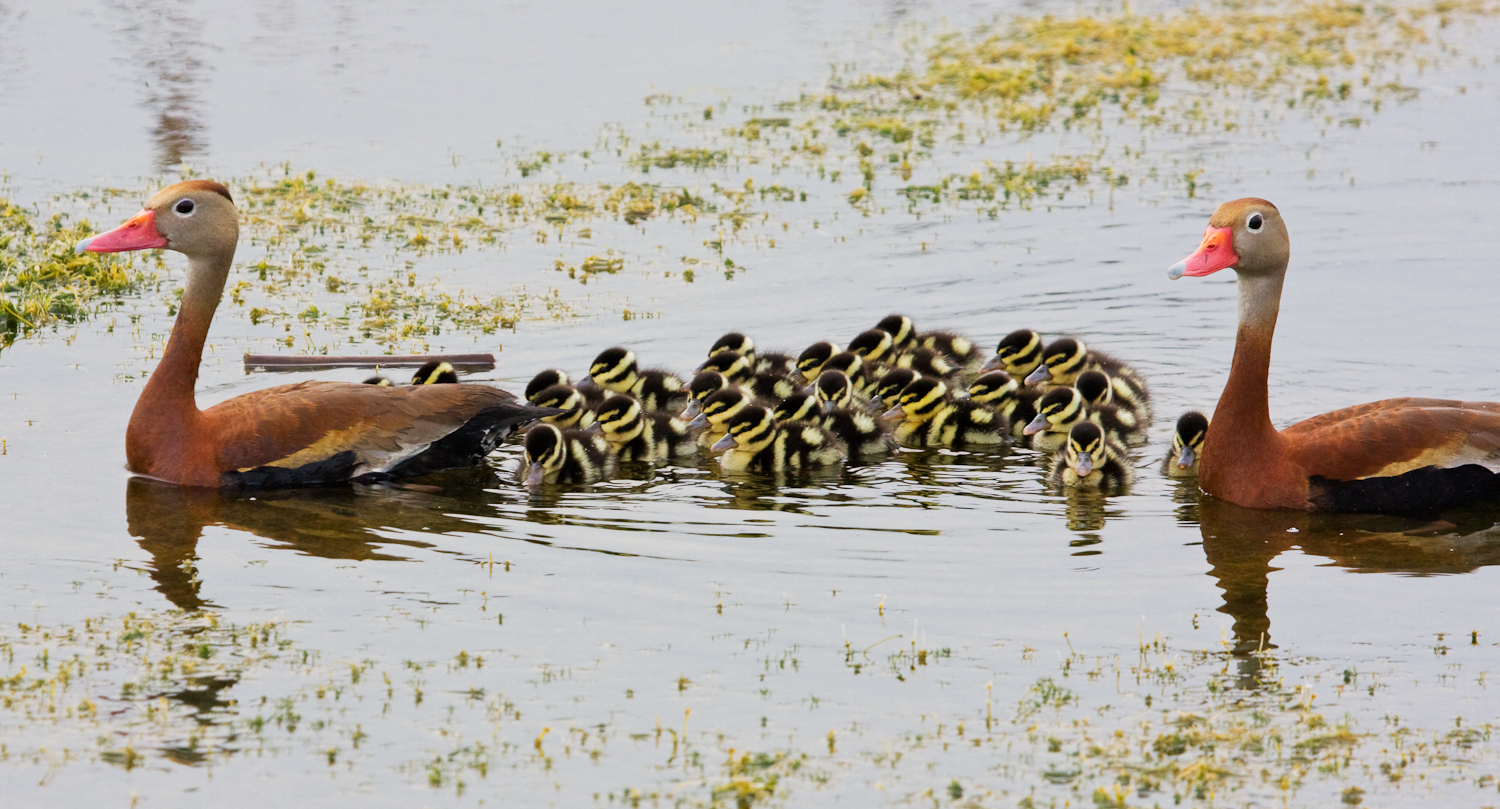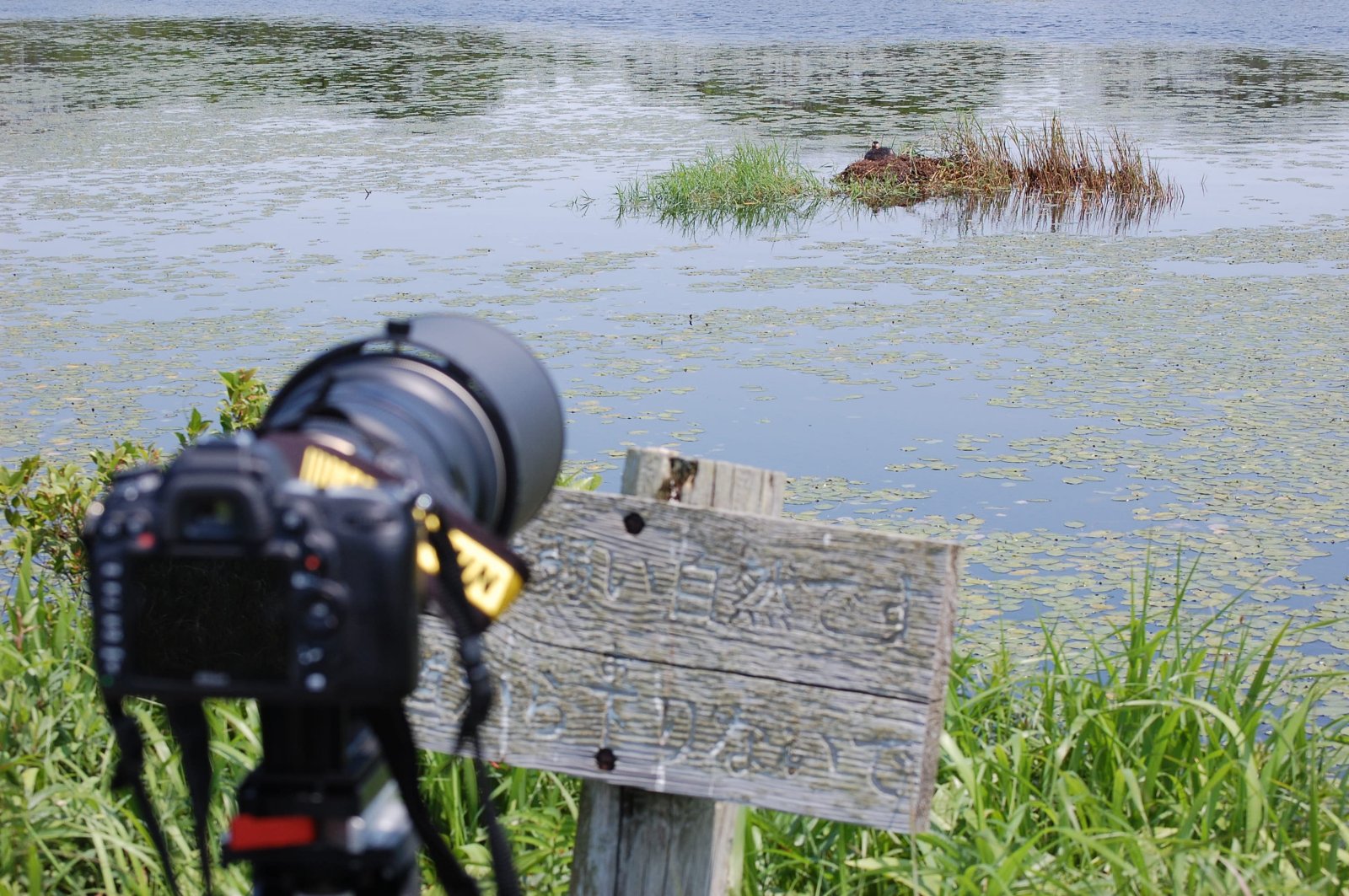 |
| Las Tablas de Daimiel. Photo taken by Yannboix |
What are wetlands?
According to the text of the convention itself, wetlands are:
"areas of marsh, fen, peatland or water, whether natural or artificial, permanent or temporary, with water that is static or flowing, fresh, brackish or salt, including areas of marine water the depth of which at low tide does not exceed six metres"
In this definition we could then include coastal lagoons, rocky shores, coral reefs, deltas, marshes, swamps, bogs, farm ponds, and many more. As you can see, the definition is quite wide and it includes almost every habitat ruled by water (except rivers and lakes), whether natural or human-made. All of them represents only about 6% of the Earth's land surface but their values and benefits are immense.
5 reasons to protect wetlands
1. Habitat for wildlife
 |
| Black Bellied Whistling Duck (Dendrocygna autumnalis) Photo by Matthew Paulson |
2. Water supply and groundwater recharge
We contain more than 60% of water in our bodies. A permanent freshwater supply is important to keep this percentage, and wetlands such as ponds and swamps are suitable sources. Furthermore, wetlands are closely related to groundwater, in which may play an important role for its recharge. They can also have a highlight position in flood prevention in areas where precipitation is very seasonal.
3. Removing pollution
When the water comes into a wetland, it flows slower, around plants and allowing sediments to drop out and settle to the wetland floor. Many plants related to wetlands have the capacity to retain nutrients and heavy metals, resulting a water cleaner at the way out than at the entrance of the wetland. Of course, we can't rely on wetlands to clean all the pollution we could produce, but they can be an excellent tool as biofilters.
4. Carbon secuestration
Coastal wetlands may have an important role as carbon sinks, which is very interesting to mitigate the effects of climate change. As they are very productive, plants grow fast (using carbon to produce their structures). When the plant die, roots and leaves incorporate to the soil, and can be kept there for hundreds or thousands of years.
5. Recreation and tourism
 |
| Photo taken by Diego Molla |
Wetlands are a target of birders, hunters, fishers, bathers and all sort of tourists who find on this habitat the right place to develop their activities. The landscape and beauty that wetlands sometimes offer is also wanted by many photographers.
And which are your reasons? If you are on twitter, you can use the hashtag #wetlands2014 to share your opinion or just leave a comment right here!

No comments:
Post a Comment